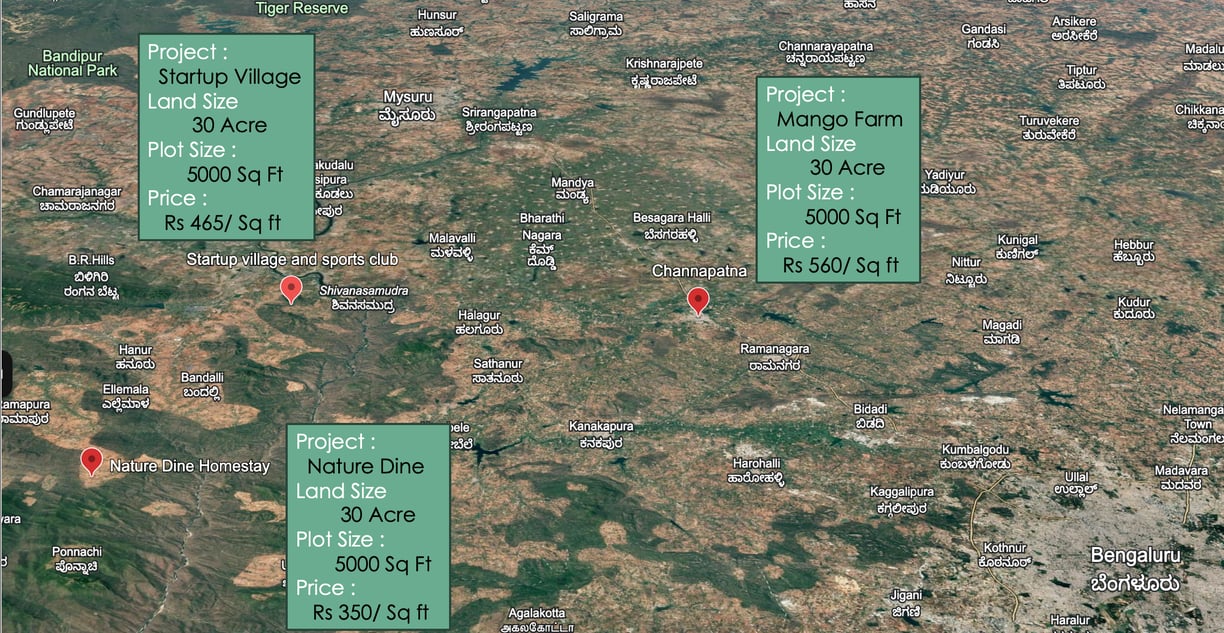Managed farmland refers to agricultural land that is owned by an investor or a group of investors but is operated and maintained by a professional management company or entity. This arrangement allows individuals or organizations to invest in farmland without needing to directly engage in farming activities themselves.
The management company typically takes care of all aspects of farming, including:
Land Preparation: Preparing the land for cultivation, including plowing, fertilising, and irrigation setup.
Crop Selection and Planting: Selecting crops based on soil quality, climate, and market trends, followed by planting and nurturing.
Maintenance and Monitoring: Ensuring proper irrigation, pest control, and soil health throughout the crop cycle.
Harvesting and Sales: Harvesting the produce and managing its sale in the market or through contracts.
Compliance: Managing legal and environmental compliance, such as water rights and pesticide usage regulations.
Reporting: Providing periodic updates to the landowners regarding performance, yields, and financial returns
Benefits of Managed Farmland
Passive Income: Investors earn profits from agricultural activities without being involved in day-to-day operations.
Professional Management: Expert agriculturalists handle farming, ensuring optimal productivity and profitability.
Diversification: Farmland investment diversifies an investment portfolio, often serving as a hedge against inflation.
Sustainability: Managed farmland companies often incorporate modern, sustainable farming practices to maximize land value over the long term.












